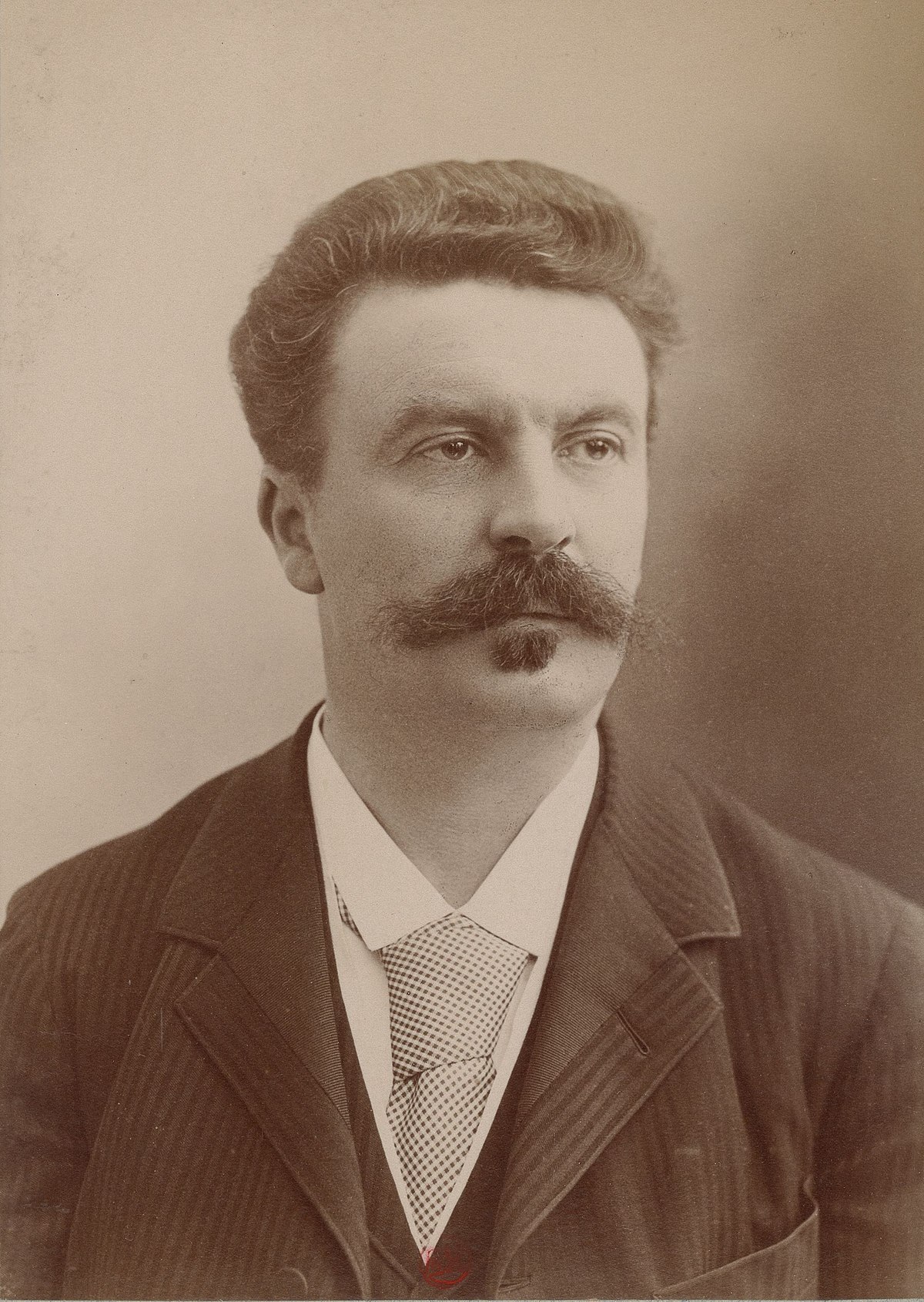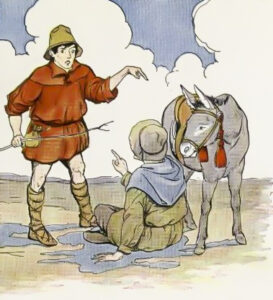The greatest Japanese short story writers
Japanese literature has a rich and diverse tradition that encompasses a wide range of genres and styles. Within the realm of short stories, Japanese writers have made significant contributions, capturing the essence of Japanese culture, exploring universal themes, and leaving an indelible mark on the literary world.
In this article, we will explore the works of Japanese short story writers who have not only transformed the literary landscape but have also influenced global literature and touched the hearts of readers worldwide.
Ryunosuke Akutagawa
Ryunosuke Akutagawa is considered one of the pioneers of modern Japanese literature and a master of the short story form. His works often delved into the complexities of human psychology and the dark aspects of the human condition. Akutagawa’s famous story, “Rashomon,” became the inspiration for Akira Kurosawa’s renowned film of the same name. Through his exploration of moral ambiguity and intricate narrative structures, Akutagawa challenged conventional storytelling techniques and paved the way for the emergence of psychological realism in Japanese literature and the world of short stories written in Japanese.
Yukio Mishima
Yukio Mishima, a towering figure in 20th-century Japanese literature, left an indelible mark on the world through his powerful and thought-provoking short stories. Mishima’s works often grappled with themes of beauty, love, death, and the clash between traditional values and modernity. His story collection, “Death in Midsummer and Other Stories,” captures the essence of his unique style and philosophical reflections. Mishima’s exploration of the complexities of the human psyche and his unflinching examination of societal expectations continue to captivate readers of short stories written in Japanese worldwide.
Haruki Murakami
Haruki Murakami has gained international acclaim for his distinctive blend of magical realism, surrealism, and existentialist themes. Although primarily known for his novels, Murakami’s short stories also exhibit his unique storytelling prowess. Murakami’s works often explore themes of loneliness, alienation, and the search for meaning in a modern world. His collection of Japanese short stories , “The Elephant Vanishes,” showcases his ability to create enigmatic narratives that blur the boundaries between reality and fantasy, leaving readers pondering the mysteries of existence.
Junichiro Tanizaki
Junichiro Tanizaki is celebrated for his elegant prose, meticulous attention to detail, and exploration of traditional Japanese aesthetics. His stories authored in ancient Japanese often revolve around interpersonal relationships, exploring themes such as desire, obsession, and the complexities of human desires. Tanizaki’s celebrated work, “The Key,” showcases his ability to depict the intricacies of human psychology and the dynamics of power within relationships. His nuanced storytelling and evocative descriptions have earned him a revered place in Japanese literature.
Yasunari Kawabata
Yasunari Kawabata, the first Japanese author to win the Nobel Prize in Literature, is renowned for his delicate and poetic prose. While his longer works are widely celebrated, his short stories which were written in Japanese and translated into English are equally captivating. Kawabata’s narratives often focus on themes of memory, loss, and the fleeting nature of human connections. His collection, “Palm-of-the-Hand Stories,” features concise yet powerful tales that evoke profound emotions and invite contemplation on the transient beauty of life.
Conclusion
Japanese short story writers have left an indelible mark on the world of literature, challenging conventions, and offering unique perspectives on the human experience. Through their exploration of universal themes, intricate storytelling techniques, and profound insights into the complexities of human nature, these writers have influenced not only Japanese literature but also the global literary canon. The works of Ryunosuke Akutagawa, Yukio Mishima, Haruki Murakami, Junichiro Tanizaki, and Yasunari Kawabata continue to captivate readers, transcending cultural boundaries and reminding us of the transformative power of storytelling.




